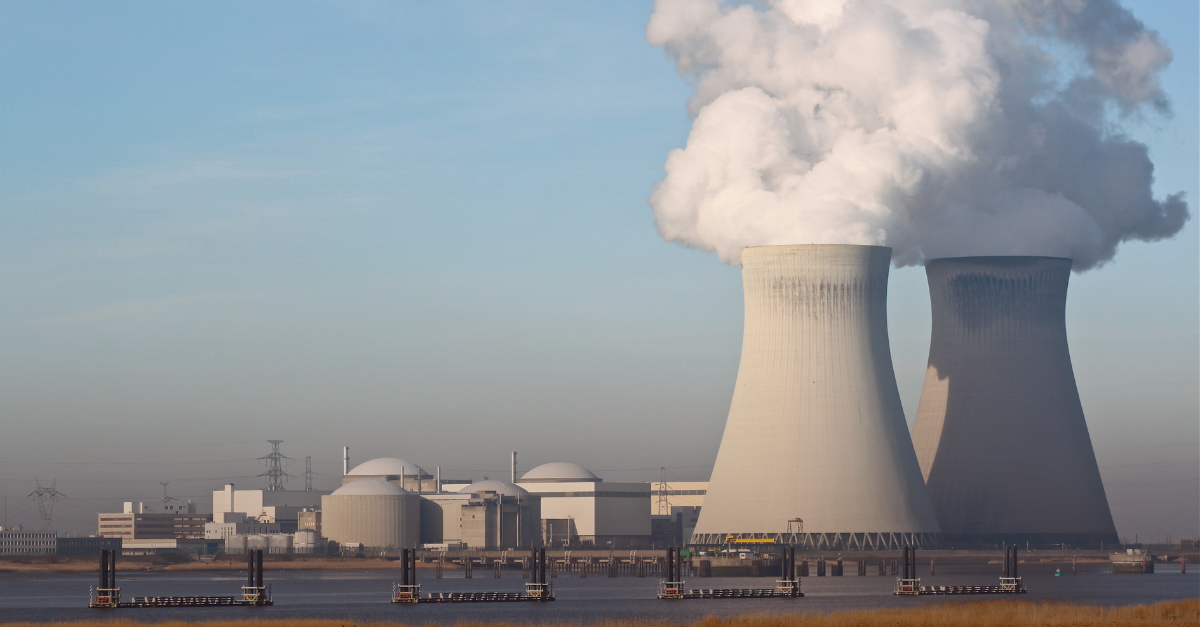DOE Report: Tripling U.S. Nuclear Power Capacity by 2050 to Fuel AI and Data Center Growth
Published: 10.29.2024
The U.S. Department of Energy (DOE) has released a report emphasizing the need to triple the nation's nuclear power capacity by 2050. The recommendation comes as AI technology and data centers rapidly increase energy consumption, necessitating carbon free power source to meet the future demands of this sector.
According to the DOE's "Pathways to Commercial Liftoff: Advanced Nuclear" report, current nuclear capacity of approximately 100 gigawatts (GW) will need to expand to around 300 GW over the next three decades. This ambitious target is set against a backdrop of skyrocketing electricity needs driven by AI applications, which are predicted to consume over 1,000 terawatt-hours of energy by 2026.

Nuclear power is highlighted as a strategic solution due to its ability to provide consistent, carbon-free energy. Unlike renewable sources such as wind and solar, which are subject to variability, nuclear energy offers a stable supply that ensures the continuous operation of critical infrastructure, including data centers. The DOE stresses that nuclear should work alongside renewables to create a balanced and resilient energy grid capable of handling intermittent power fluctuations.
The report has sparked significant interest in the tech industry, with companies like Amazon, Google, and Microsoft already investing in nuclear energy initiatives. Amazon and Google have announced plans to utilize small modular reactors to power their data centers, aligning with their sustainability goals. Meanwhile, Microsoft has committed to sourcing power from the Three Mile Island nuclear plant, demonstrating the tech giant’s push for clean and dependable energy solutions.
However, the road to expanding nuclear capacity is not without challenges. The deployment of advanced nuclear technologies, such as SMRs, will require stringent regulatory approvals to ensure safety and environmental compliance. Additionally, waste management concerns persist, as experts point out that SMRs could generate more concentrated waste compared to traditional reactors, demanding effective long-term storage solutions.
As AI and data centers continue to shape the global economy, the DOE’s report underscores the urgency of scaling up nuclear power to secure a clean and reliable energy future. The proposed expansion aims to not only support the tech sector's growth but also contribute to the United States' broader efforts to reduce carbon emissions and combat climate change.


.png)

